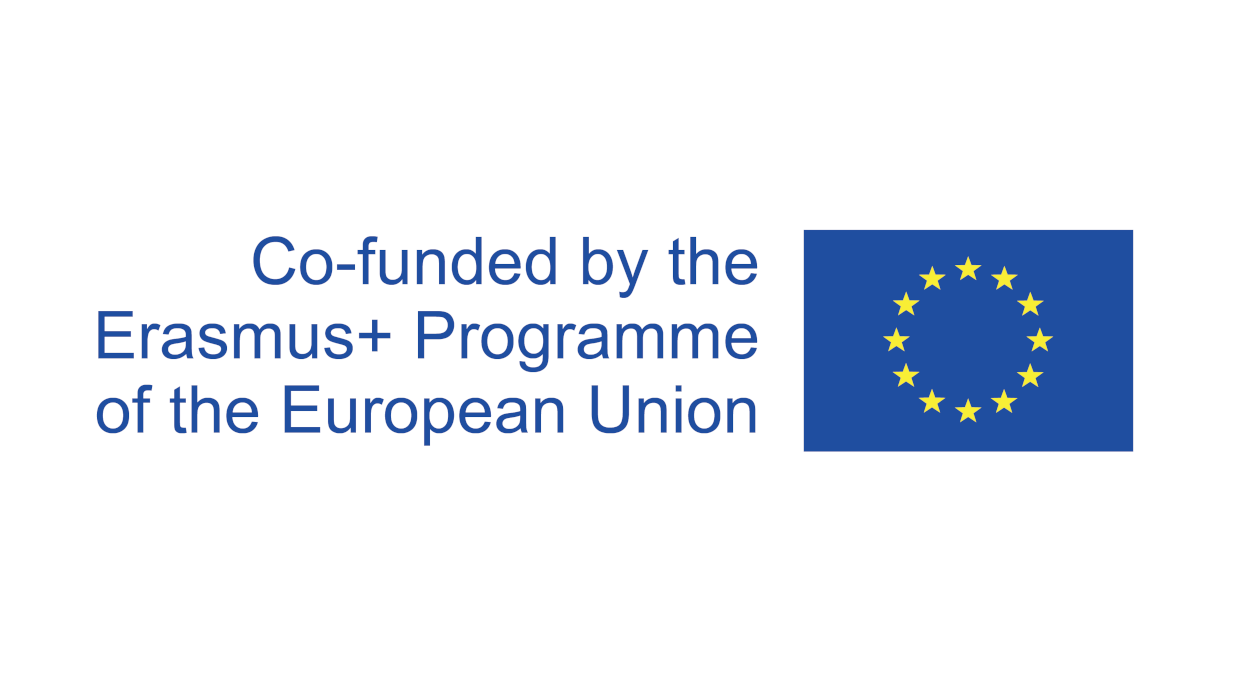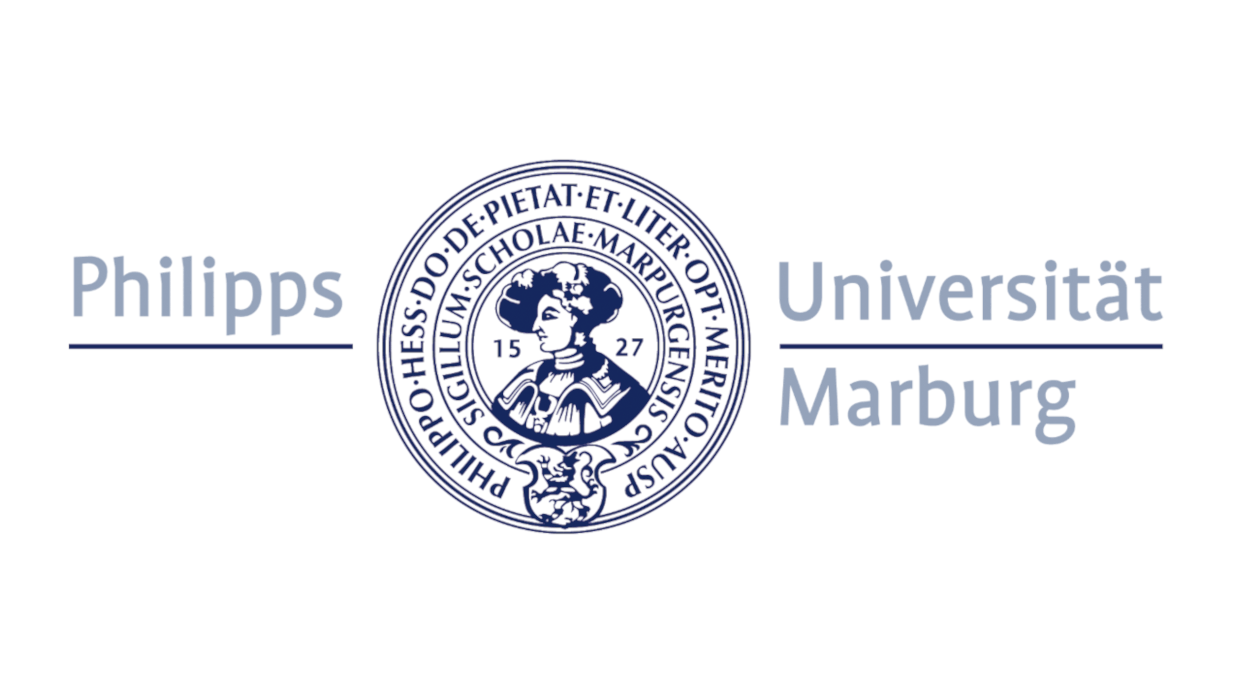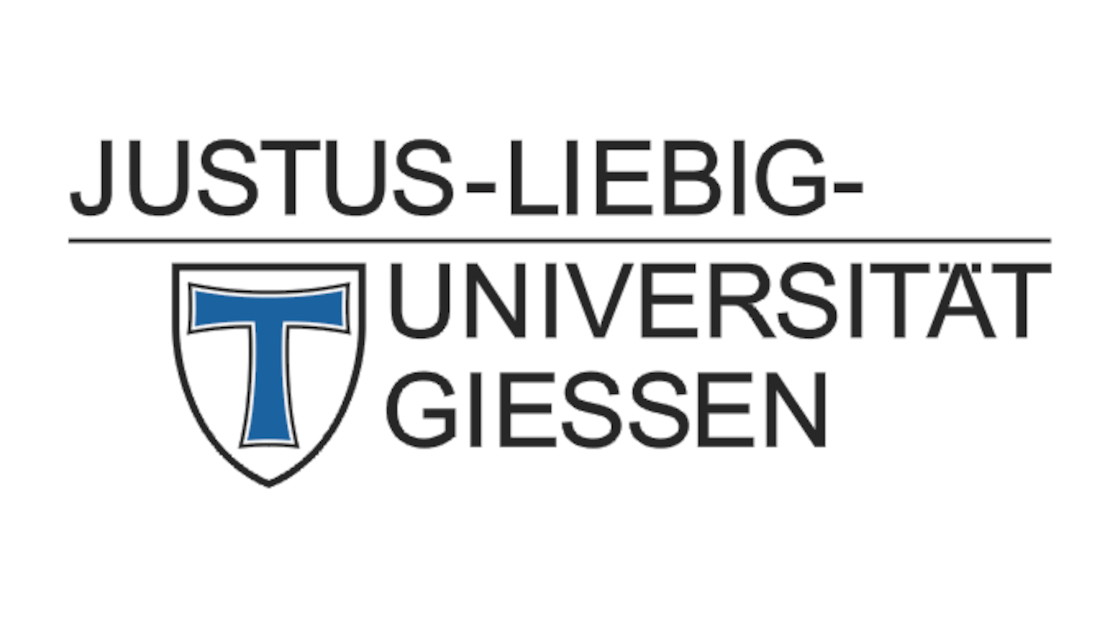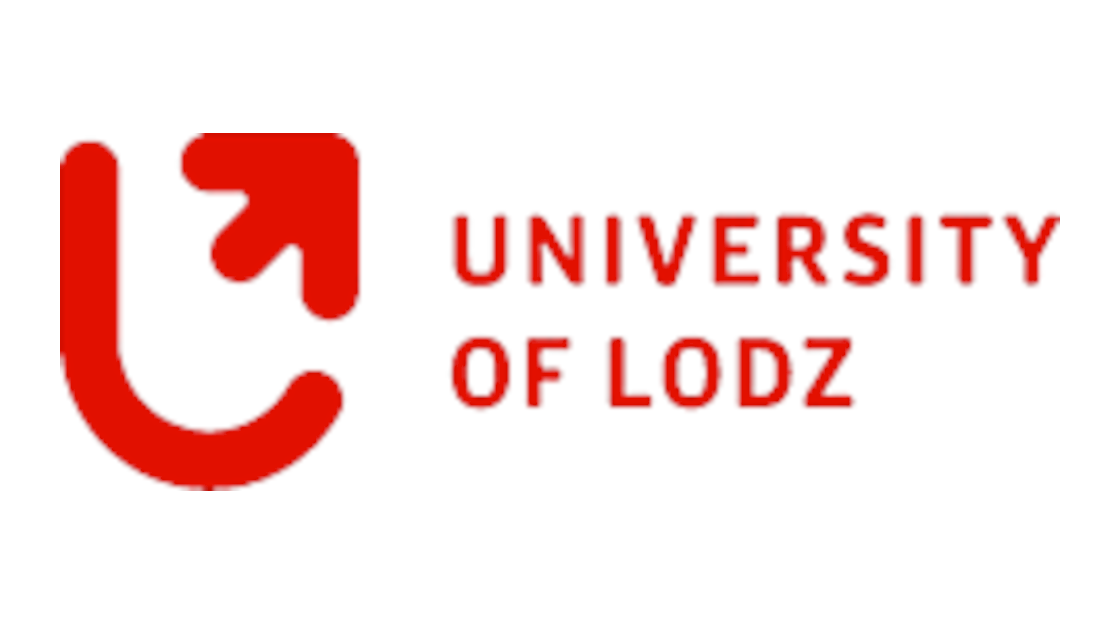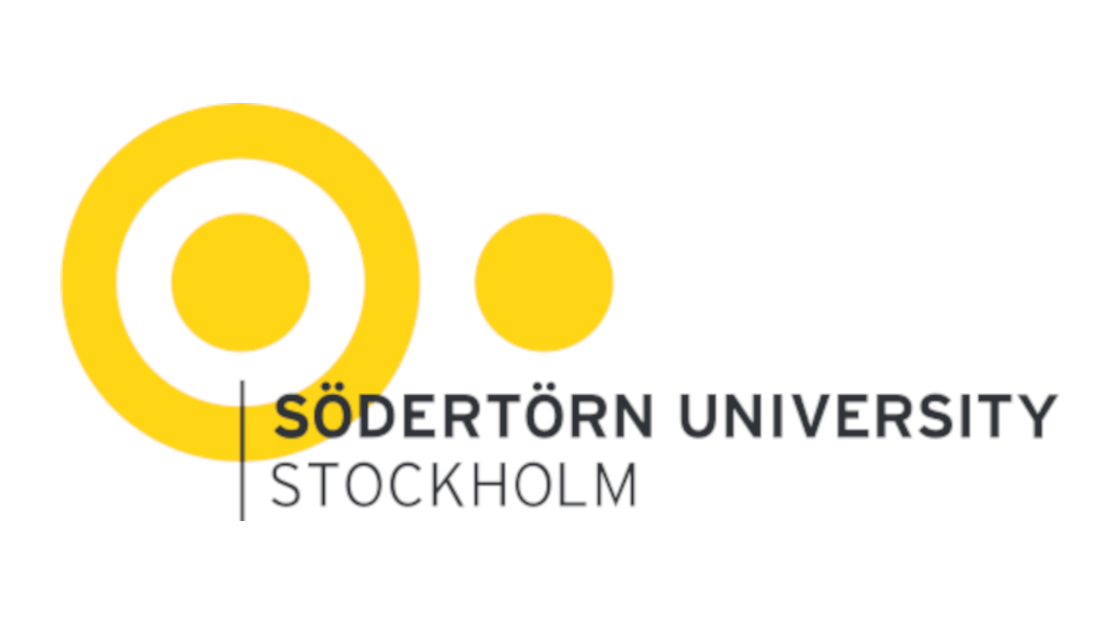16.01.2025 SHARINPEACE Project Concludes with Comprehensive Reports on Human Rights and Peacebuilding Education

The Erasmus+ project SHARINPEACE – Simulating Human Rights in Peacebuilding has successfully concluded with the publication of four key reports documenting its achievements. These publications provide an in-depth analysis of the project’s interdisciplinary work and, in particular, its two-part university module on Human Rights in Peacebuilding, developed and tested in two pilot runs. The reports serve as a valuable resource for educators, researchers, and policymakers seeking to integrate human rights into peacebuilding education.
A significant output of SHARINPEACE is the Crisis Intervention Simulation (CRIS), a novel pedagogical tool designed to immerse students in the complexities of peace negotiations. To support its implementation, the project has released a comprehensive Guide to Conducting CRIS (SHARINPEACE Report #4). This guide provides educators with step-by-step instructions on how to facilitate the simulation, ensuring that participants engage in a dynamic and practice-oriented learning experience.
The published reports reflect the project’s commitment to bridging theoretical and practical knowledge. Bridging Divides: Integrating Human Rights and Peacebuilding – Literature Review for Curriculum Development (SHARINPEACE Report #1.1) and Evolving Approaches to Peacebuilding and Human Rights Education (SHARINPEACE Report #1.2) examine existing academic frameworks and evolving trends in European Peace and Conflict Studies programmes. These insights were complemented by stakeholder perspectives collected in Exploring Needs and Experiences of Students and Educators (SHARINPEACE Report #2.1) and Connecting the Dots – Human Rights in Peacebuilding: Perspectives of Policymakers and Practitioners (SHARINPEACE Report #2.2), which provide critical reflections from students, educators, and practitioners.
The project’s Syllabus for Human Rights in Peacebuilding (SHARINPEACE Report #3) outlines a structured approach to teaching human rights as an integral part of peacebuilding, incorporating theoretical discussions, practical exercises, and simulation-based learning. Designed for replication beyond the consortium, the syllabus ensures that the project’s impact extends to universities and training institutions worldwide.
SHARINPEACE has demonstrated the importance of interdisciplinary collaboration in higher education, fostering innovative teaching methods that prepare students for real-world challenges in conflict resolution and human rights advocacy. With the publication of these reports, the project offers an open-access framework for educators and institutions aiming to develop similar programmes.
